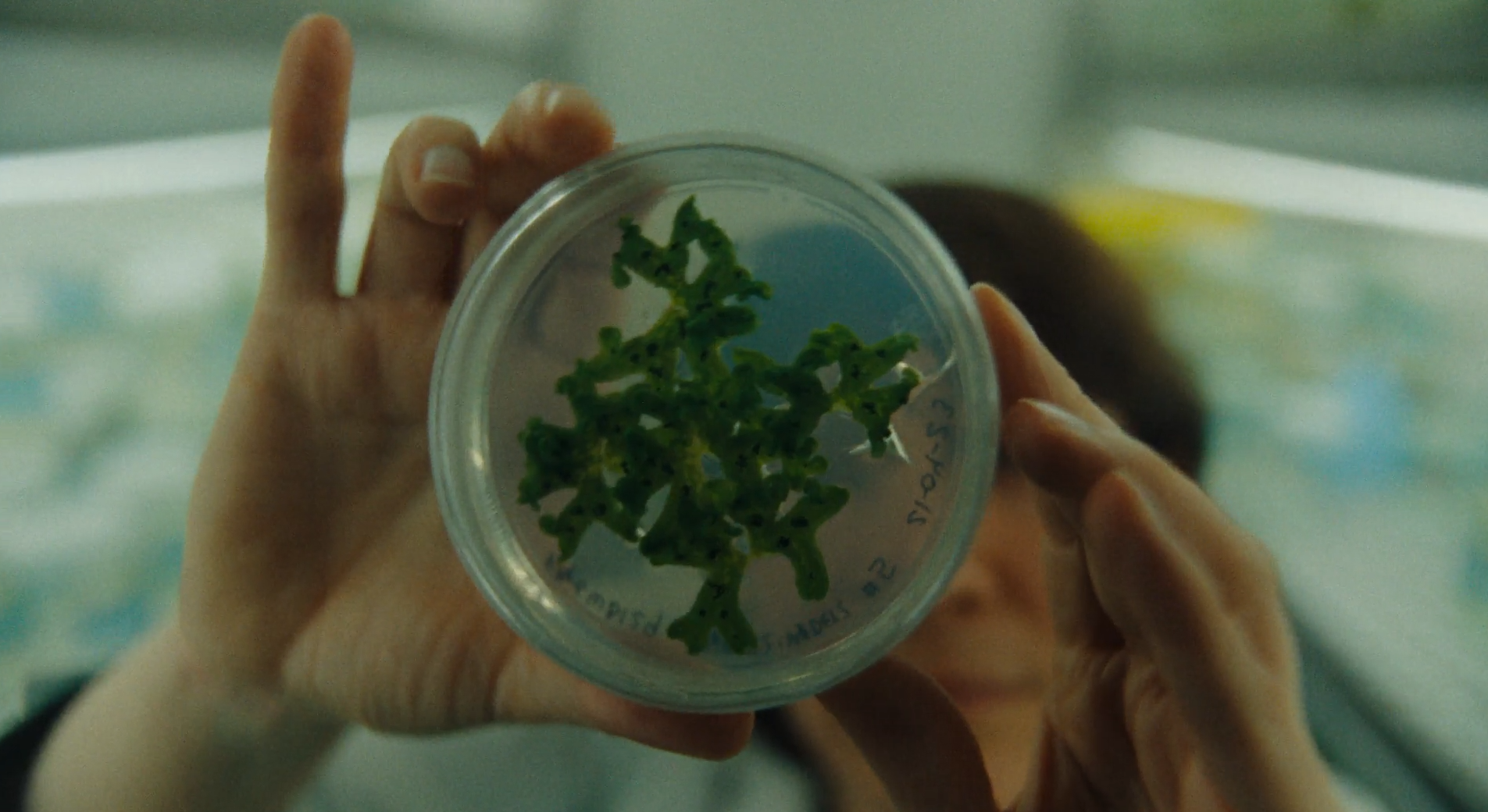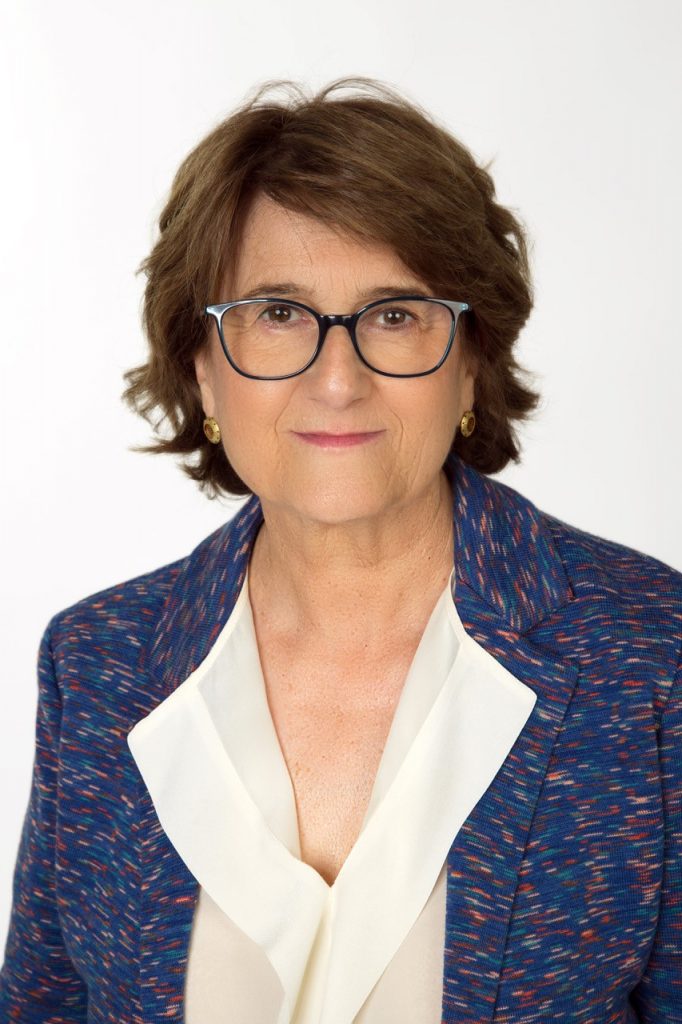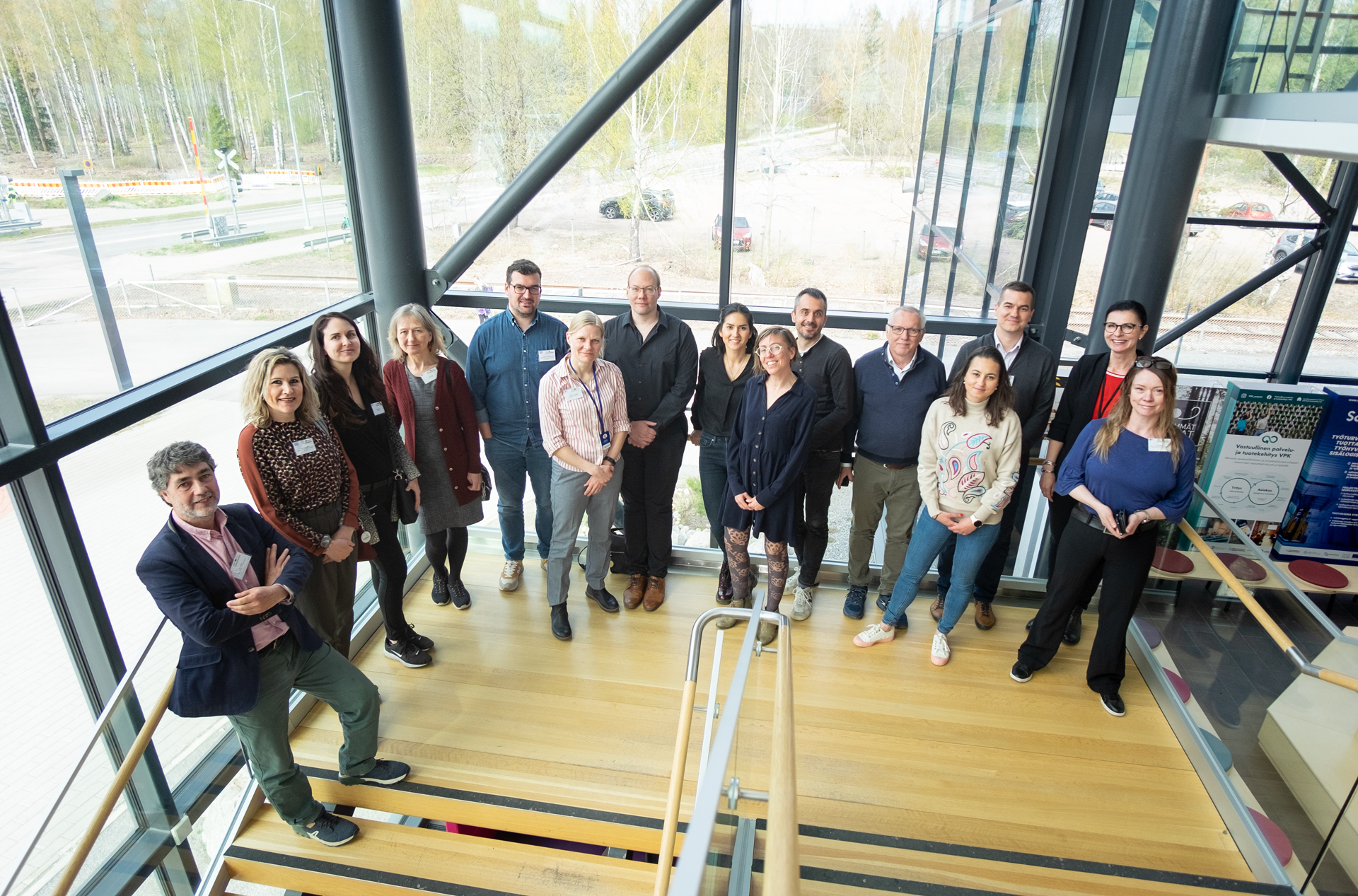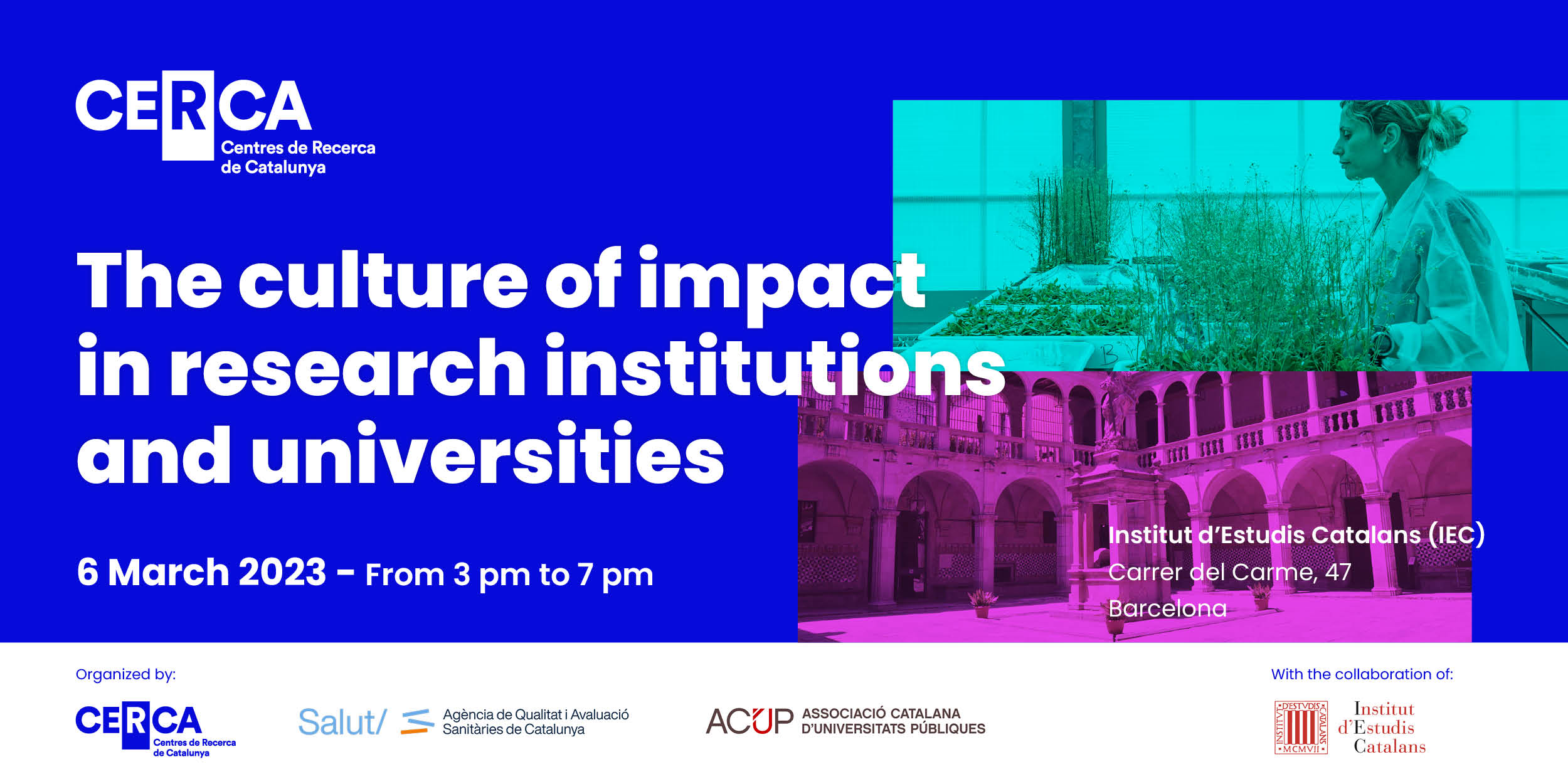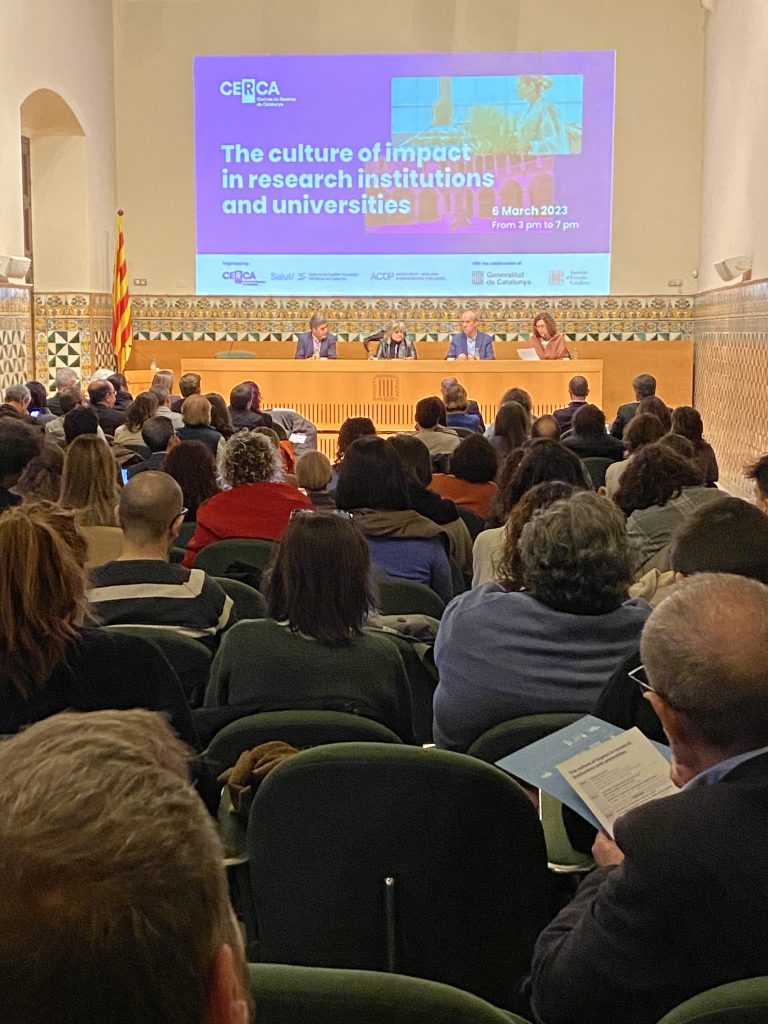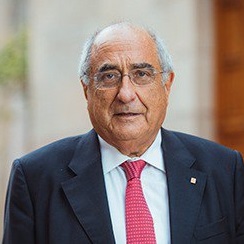With the motto “A CERCA, the future is our present,” the main objective of this campaign is to spread the word and bring the Catalan Research Centres System closer to the public.
Starting this Wednesday until the month of July, an exclusive advertisement will be broadcasted on the media channels of the Corporació Catalana de Mitjans Audiovisuals (CCMA) to promote the Catalan Research Centres.
With the new campaign, the CERCA Centres aspire to reach a wider audience, underlining their importance as a motor of research and innovation in Catalonia and highlighting their outstanding role in the national and international arena. With this, it is hoped to foster a greater awareness and appreciation for the work carried out by the CERCA Centres, as well as its direct impact on the present and the future of our society.
The CERCA System is one of the main actors in the field of research and innovation in Catalonia. However, it is not always well known. For this reason, it is essential that citizens know that these Centres are part of a cohesive system, made up of a total of 41 research institutes, all of which are participated by the Government of Catalonia. The Centres and the CERCA Foundation (I-CERCA), configure the CERCA System and work side by side to promote scientific research and the transfer of knowledge and innovation.
The CERCA system employs nearly 16,900 people considered R&D staff, of which almost 10,000 are research staff. It has basic funding from the Government which in 2021, reached €294 million and has managed to attract competitive and non-competitive resources up to a total budget of €790 million (2021). The system also acts as a pole of attraction for international talent. Currently, 25% of its staff come from outside Spain, demonstrating its reputation as a top-level workplace in the field of research and innovation.
Likewise, the CERCA System is widely recognized in Europe. Within the framework of the H2020 Program, it captured a total of €554 M and 1,114 projects, of which 454 were projects coordinated from the Centres themselves. These impressive results place the CERCA System in fifth position in the European ranking, surpassing renowned institutions such as the universities of Oxford and Cambridge. In the current Horizon Europe 2021-2027 program, the CERCA System has already raised more than €120 million, further consolidating its position as one of the main fundraisers for European research grants.
The I-CERCA Foundation plays a fundamental role as a coordination and support structure. Working for its corporate, institutional and scientific projection, the foundation contributes to putting into practice the policies of the Government of Catalonia aimed at the Centres of the CERCA system as stated in the Science Law, approved in December 2022.
